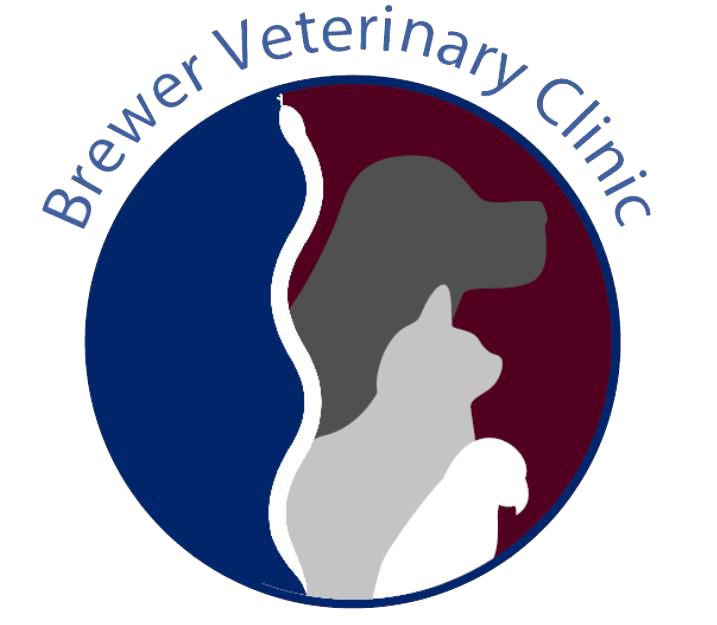February is National Pet Dental Health Month! You know it must truly be an important part of a pet's life since they decided to dedicate an entire month to it! While your pet's dental health may not be on your mind every day, it is something to think about if you want to keep your pet healthy and happy.
Did you know that according to the American Veterinary Dental Society, dental disease is the biggest health issue for 70% of cats and 80% of dogs over the young age of three? Dental disease presents itself in many ways, some that are obvious, and some not so much. Some signs of dental disease may include:
- bad breath
- red, inflamed gums
- plaque & tartar buildup
- sensitive mouth
- excessive drooling
- decreased appetite or anorexia
- oral abscesses
- irritability
Dental disease can not only be painful, but the bacteria from infections in the mouth can also spread to other areas of the body, such as the liver and kidneys, and cause damage.
Preserving Those Pearly Whites
Maverick, mid-yawn, showing off his pearly whites.
There are many things you can do to prevent dental disease in your pets, and that starts with awareness. Knowing that it's just as important to take care of your pet's teeth as it is our own is a major win in the fight against dental disease. Dogs have 42 teeth and cats have 30 that all need to be taken care of because once they're gone, they're gone forever. There are ways to take care of your pet's teeth at home, including brushing!
You may think that brushing your pet's teeth is impossible, but it can be done and be a positive experience for everyone! Start off slow and don't force it - we want your pet to associate this activity with good things. Be sure the toothbrush you use is a pet-specific toothbrush, either with a long handle or a finger brush. Toothpaste should be specifically for pets as well - never use human toothpaste. Pet toothpaste is usually poultry flavored, not harmful if swallowed, and they should get used to the taste before you try to brush their teeth with it. Praise and reward your pet with treats and remember, you will not be able to brush your pet's teeth like a pro right after reading this. The process takes time, trust, and lots of patience.
If your pet simply will not tolerate regular teeth brushings, there are alternatives. Dental treats and diets approved by the Veterinary Oral Health Council (VOHC), regular oral exams, and yearly dental cleanings under anesthesia are also ways to keep the risk of severe dental disease to a minimum.
When To Call
Pets are able to hide pain very well, and if they're exhibiting signs of discomfort or any of the symptoms listed above, contact your veterinarian. Dental health plays such a large role in your pet's overall health and it can be challenging to get accurate information.
Do you have any questions for us about your pet's dental health or are you interested in learning more about a specific area in veterinary dentistry? Let us know in the comments!
Below are some other great resources, including a video on how to introduce your pet to brushing, if you want to learn more!


